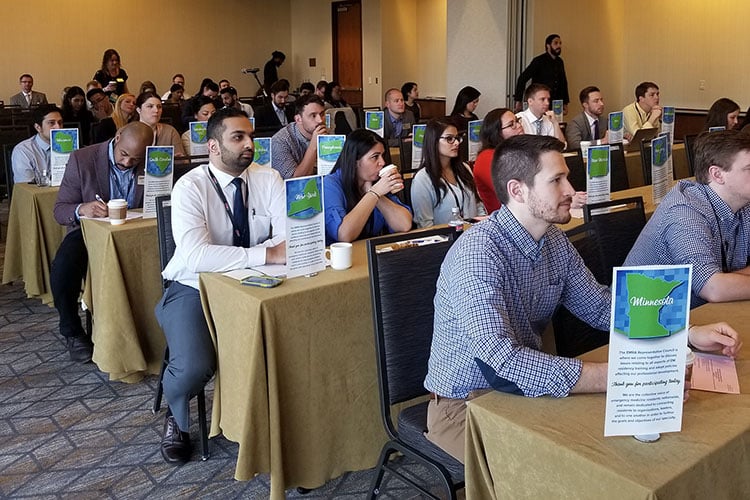Get a Grip! Wilderness Medicine Meets Rock Climbing
Jacques Lowe, MS-IV, Carle Illinois College of Medicine
EMRA MSC Great Plains Regional Representative, 2022-23
Jasmine Millon, MS-IV, American University of Caribbean
EMRA MSC Mentorship Coordinator, 2022-23
Sahar Rammaha, OMS-IV, Michigan State University College of Osteopathic Medicine
EMRA MSC Midwest Coordinator, 2021-23
Revelle Gappy, MS-III, Oakland University William Beaumont School of Medicine
EMRA MSC Great Lakes Regional Representative, 2022-23
For the past 17 years, hundreds of avid climbers have gathered at the Horseshoe Canyon Ranch in northwest Arkansas for one event: The 24 Hours of Horseshoe Hell (24HHH). A grueling and exhausting competition where rock climbers from across the globe gather to compete in a 24-hour endurance rock climbing event –– one that is unlike any other on earth! Competitors tackle a dude ranch in teams of two in an attempt to climb as many routes on the ranch as possible over the 24-hour period for glory, honor, and bragging rights.1
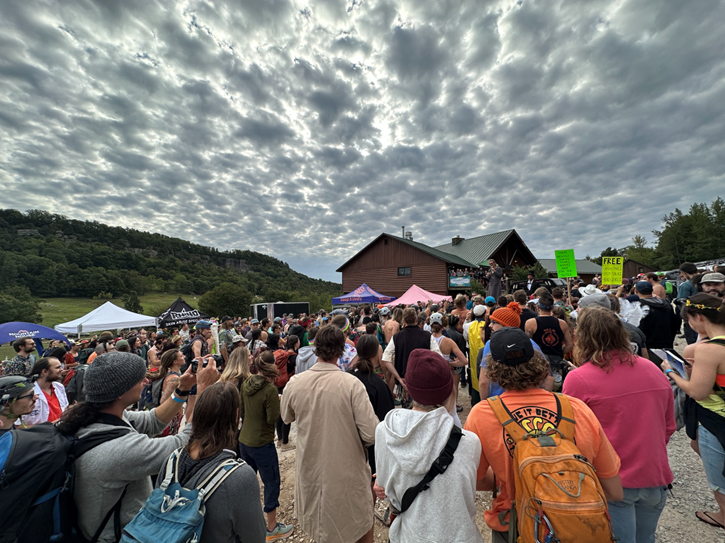
Caption: A crowd gathers for The 24 Hours of Horseshoe Hell competition
What brought me to this crazy competition you may ask? You’re not going to believe when I tell you that it was actually for wilderness medicine research. Yup, research. While this competition may be good enough for Alex Honnold, I am definitely not as good of a climber.3 I was lucky enough to join a research team this season looking at some physiologic metrics of participants at the competition itself. Armed with ropes, stopwatches, and a dynamometer our research team gathered participant data to hopefully gain more insights on endurance climbs.
“I’ve never rock climbed before, but this was a fun chance to learn” said fellow research assistant Jasmin Millon. Jasmin, a fourth-year medical student, was attracted to the competition as an avid sports enthusiast. “Everyone here has been super excited to help with our research,” she said while we concluded our data collection, “I am really excited to see what our data shows once our analysis is all done.”
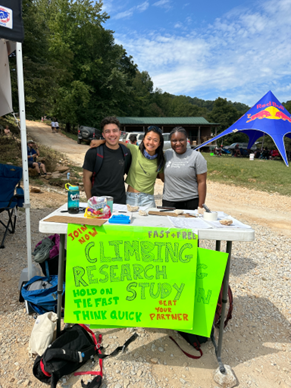
Research assistants Jacques Lowe, Kristi Tran MD, and Jasmin Millon pictured above
Wilderness medicine offers a plethora of opportunities that may not always be so obvious to those interested in its training, and that’s what I loved about this opportunity: I experienced a blend of medicine and research all within an exceptionally unique outdoor adventure. High altitude Himalayan excursions and austere Antarctic expeditions may readily come to mind, but rock climbing is also another realm in which medical learners can dip their toes when exploring wilderness medicine.
Wilderness medicine provides opportunities for learners to explore a wide variety of interesting, and unanswered research questions from physiology to medical treatment. I learned from my experience that you can combine your passions for medicine, research, and the outdoors when you’re exploring where your career will take you as a physician.
References
Related Content
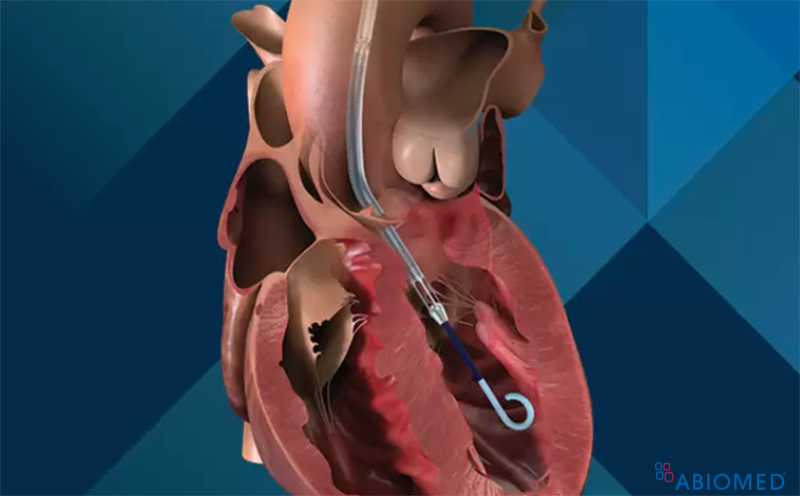
May 02, 2023
Critical Care Device Series: Impella®
Mechanical circulatory devices continue to evolve, allowing greater support of the sickest patients. This article discusses the Impella heart pumps, developed to address high-risk percutaneous coronary interventions, cardiogenic shock, right heart failure, left ventricular support, and more.
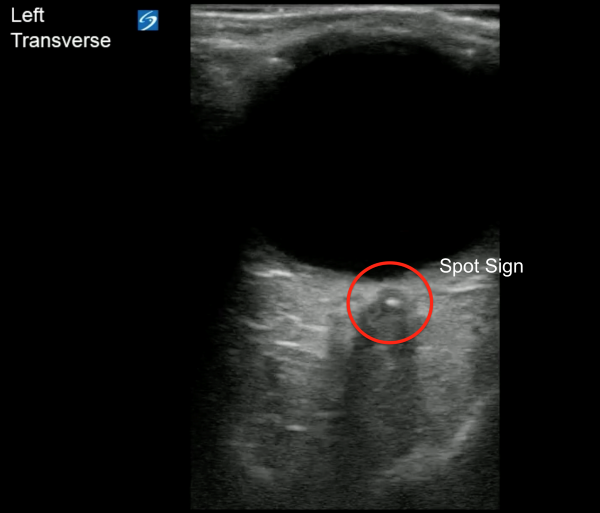
Jun 26, 2024
POCUS for the Win: Retrobulbar Spot Sign
Central retinal artery occlusion is an ocular emergency that commonly presents as sudden, painless, monocular vision loss. It can be a harbinger of serious comorbidities, making diagnosis important. POCUS has shown to be a quick and easy way to diagnose CRAO in the emergency department.




